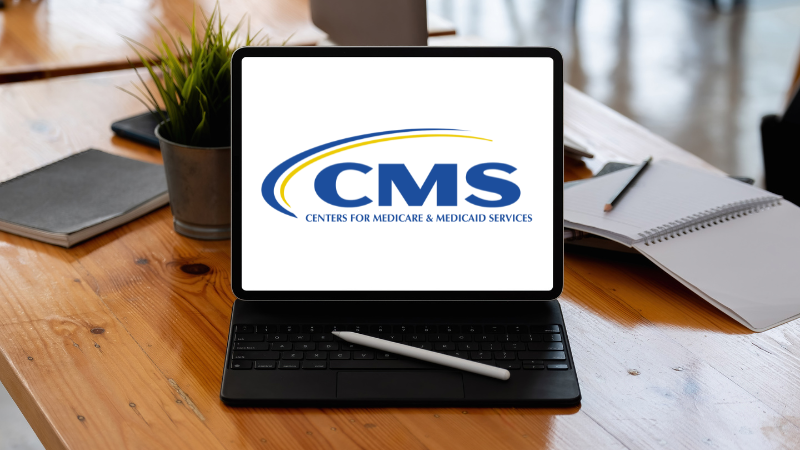November 3, 2023
The Centers for Medicare & Medicaid Services’ recent proposed rule on Minimum Staffing Standards for Long-Term Care Facilities adds to the urgency of addressing the staffing shortage that long-term care facilities face. This Thursday, November 9, as part of the More of a Good Thing roundtable series, invited speakers will present A Nursing Home-Value Business Model: A Collaboration to Strengthen Front-Line Staff Retention as the Foundation for High Performance. Beth Hercher, CPHQ, and Alyssa Pischel, DHA, LNHA, will present the results of the first two phases of their pilot study, including best practices in retention and insights from the administrator at one facility in the program. The discussion will be moderated by Joanne Reifsnyder, PhD, MSN, MBA, FAAN.
“Our 7-month pilot involved a small cohort of nursing homes to test best practices in three areas—leadership and management, human resources, and finance,” Ms. Hercher explained. There was a focus on practices that are low burden but high value. This included efforts such as medical directors rounding with CNAs, walkarounds with just-in-time teaching opportunities, and publicly recognizing good work and above-and-beyond contributions by frontline team members. “These can be done as part of the daily workflow. They are low burden and don’t take a lot of time. Yet they are helpful for staff retention,” said Ms. Hercher. She and her colleagues will talk about how team leaders, including the medical director, can implement such interventions, and they will share some outcomes from facilities in the pilot.
The pilot project involves an e-phase approach. Phase 1 identified eight high-performing facilities and used data from various sources, including Care Compare and onsite visits, to address what they did during and since COVID that has promoted retention. About half of the pilot sites did employee surveys and used this information to inform their activities and make needed improvements. To support their efforts, the pilot facilities were provided with leadership books that offered insights and suggested practices such as effective orientation and onboarding programs. These efforts set the foundation for Phase 2, which involved coaching sessions with nursing home leadership for the implementation of low burden, but high impact initiatives for improved retention. Following the conclusion of Phase 2, the team has begun the development of a change package incorporating tools, resources, tip sheets, and additional information to aid nursing home leadership in implementing these practices. In Phase 3, the research team will spread what they’ve learned to a larger testing group and revise the change packet as appropriate.
Some of the other successful efforts implemented as part of the pilot include peer mentoring programs (where tenured CNAs get a pay bump to work as peer mentors to increase engagement and retention), as well as things like offering frozen meals that staff can take home with them and programs that provide staples like shoes and school supplies. One pilot facility simplified its refer-a-friend program, designed to attract new staff, by making it easier for people to get their bonuses quickly. It also increased accountability for staff to work with the new employee and keep them engaged. Another group of facilities used increased discretionary spending to support staff with efforts such as renovated staff rooms or on-site food trucks. “These were small things, but they are popular,” Ms. Hercher said.
A few threads run through the success of these efforts. Ms. Hercher said, “Effective communication is key, as is leadership being present, checking in with staff, and building relationships.” Ms. Pischel noted that facilities often think they are doing everything right. However, she stressed that it is important to do things consistently over time, as well as having the flexibility to make adjustments as appropriate.
Ms. Pischel is excited about the opportunity to present this program to AMDA members and other stakeholders. She said, “Medical directors and other clinicians are so key to staff retention. By engaging frontline staff in care planning and problem-solving, they reinforce for these people that they are important team members and key to patient care and quality of life.” She and Ms. Hercher said they hope that webinar participants will bring their own staff retention best practices to share.


